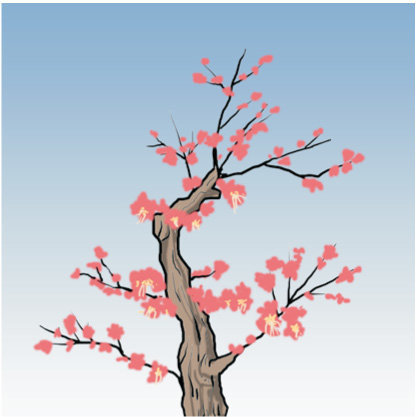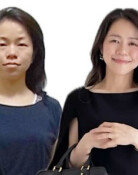Dignity of apricot flower
Dignity of apricot flower
Posted February. 18, 2022 07:50,
Updated February. 18, 2022 07:50

The poet’s eyes are captured by apricot flowers bloomed on a deserted landscape of winter hillock where all flowers have disappeared. Their leaves, branches, and scents are simple and tranquil. Throwing the scattered shadows over the stream water, apricot flowers disperse their calming scents under soft moonlight.
Approaching the still beauty of the flowers, the poet is delighted. At last, the poet mobilizes rather creative imagination to dramatically convey the elegant and graceful figure of apricot flowers. Had a white heron come for the flowers, it would have glanced at their poised beauty; had a butterfly, hibernating in winter, known the existence of apricot flowers, it would have been captivated. Anyway, all beings are like-minded when they come across apricot flowers, even without a fuss of loud music or drinking parties. For the poet, apricot flowers are like blessing.
“Like a wise man lying on the mountain covered by white snow, like the forest in the shining moonlight paid a visit by a beautiful woman” (excerpt from Gao Qi’s poem “Apricot Flower”). Back in ancient times, apricot flowers were more than just material, but were considered as a human being with dignity.
Yi Hwang called the flower “Apricot Brother.” Apricot flowers that “do not sell off their scents even though they live in winter for their whole lives,” enduring a cold sky in winter, were an ideal for any noble men who wished to take after the flower’s genuine integrity.







